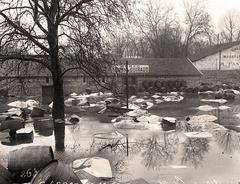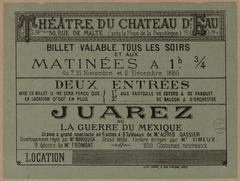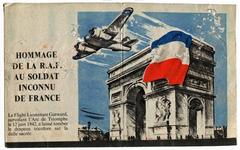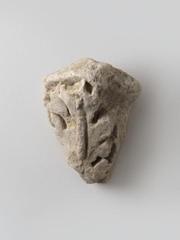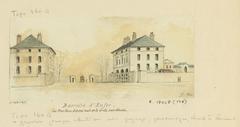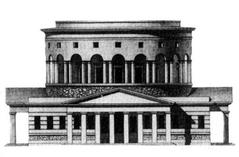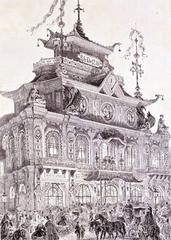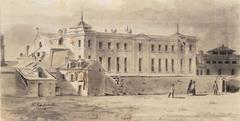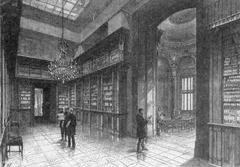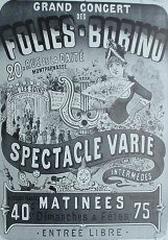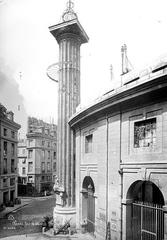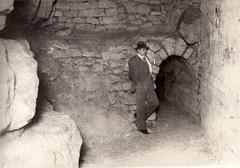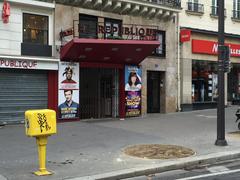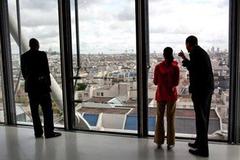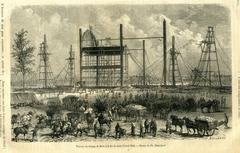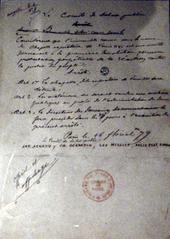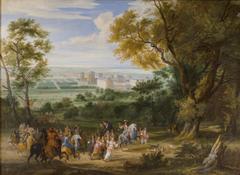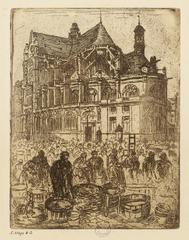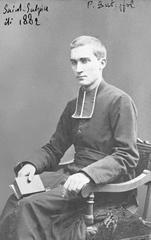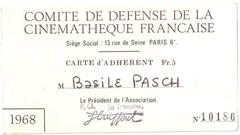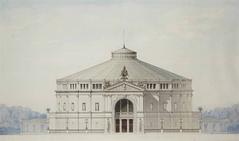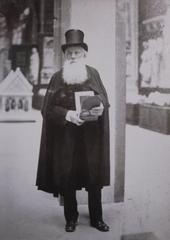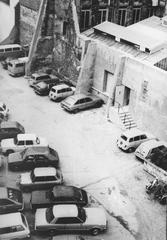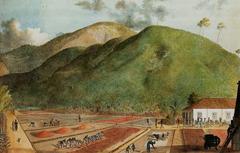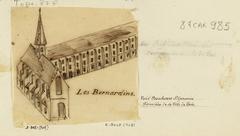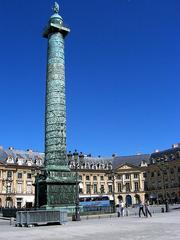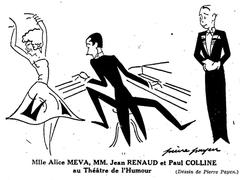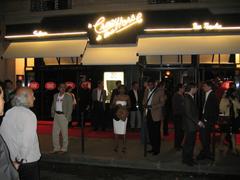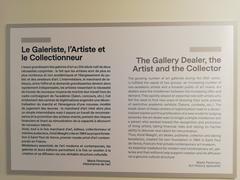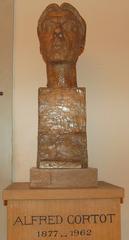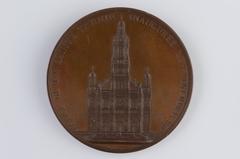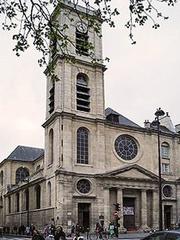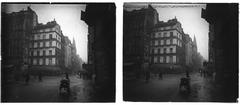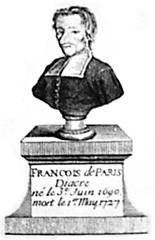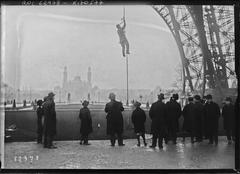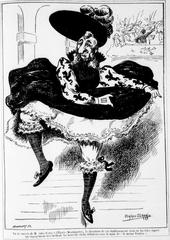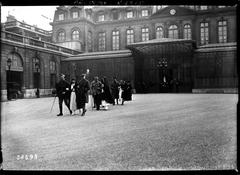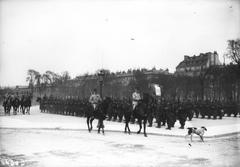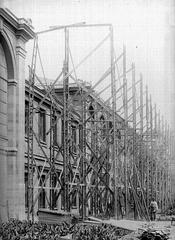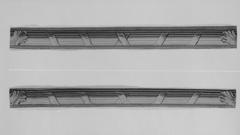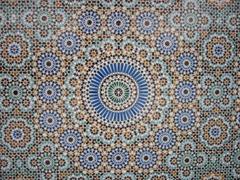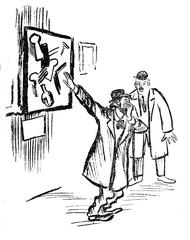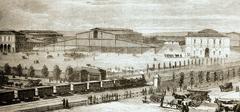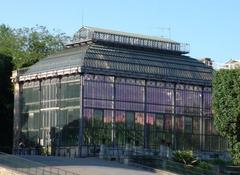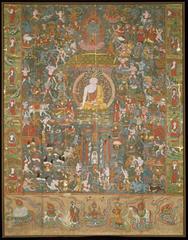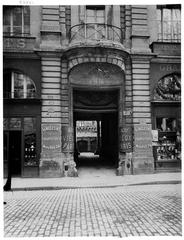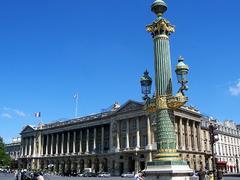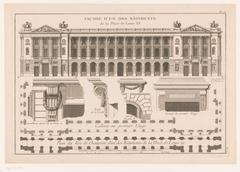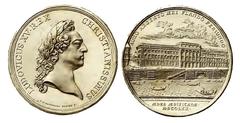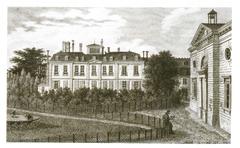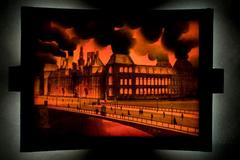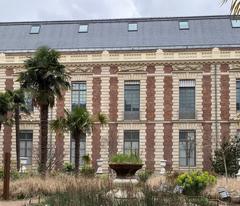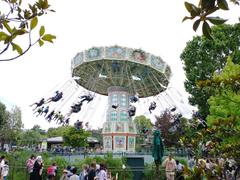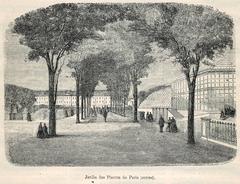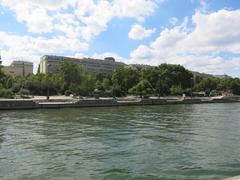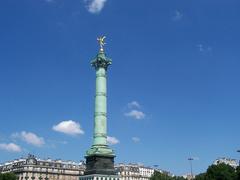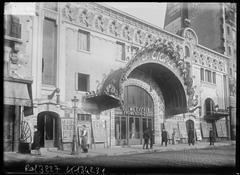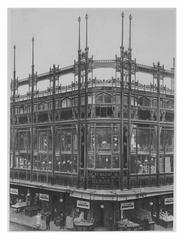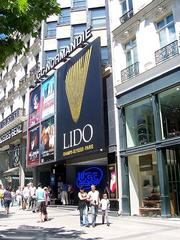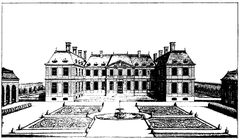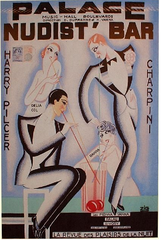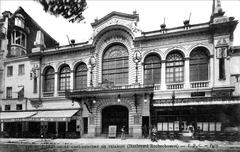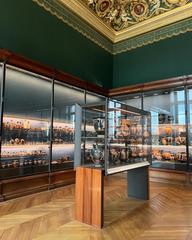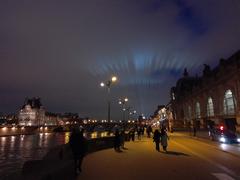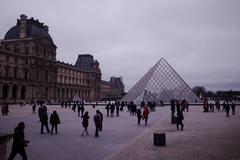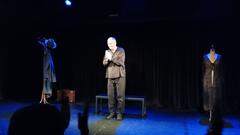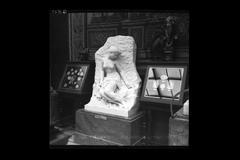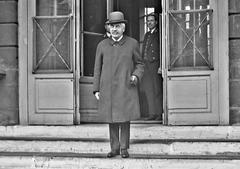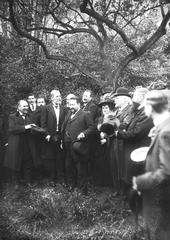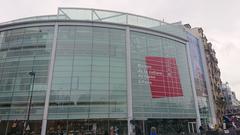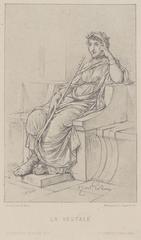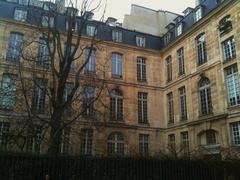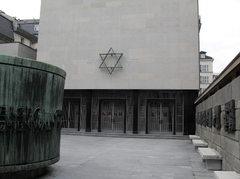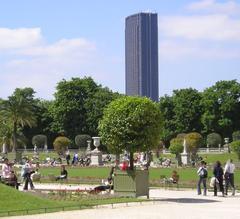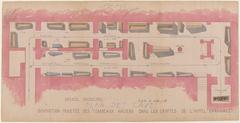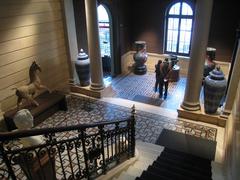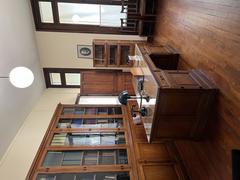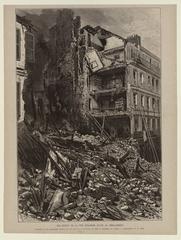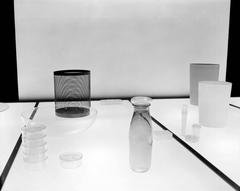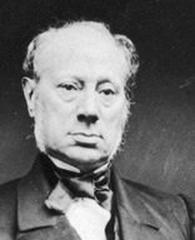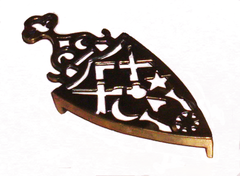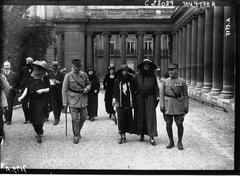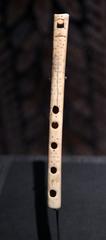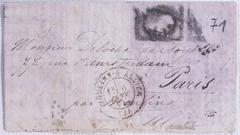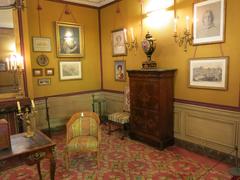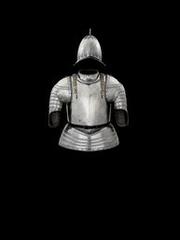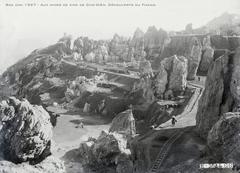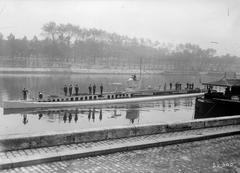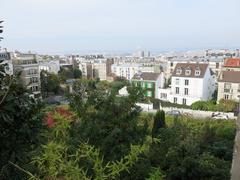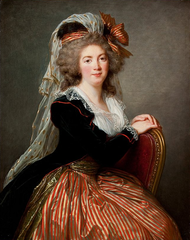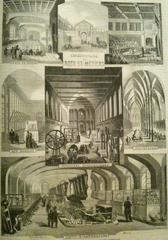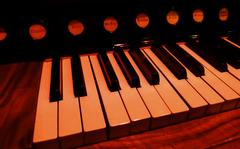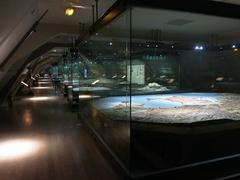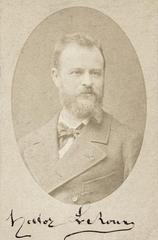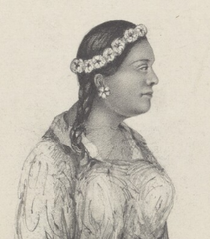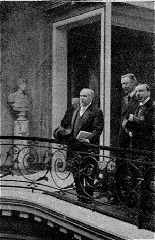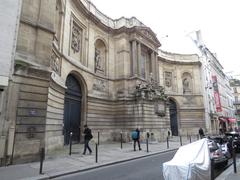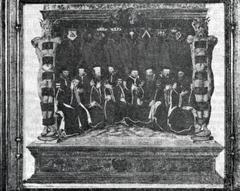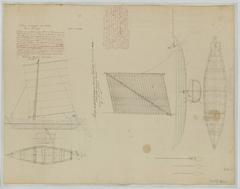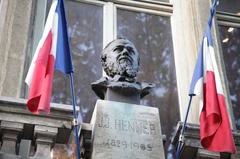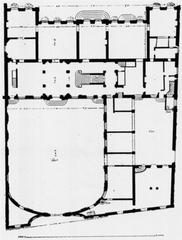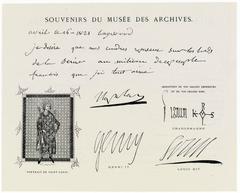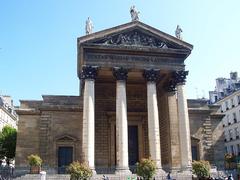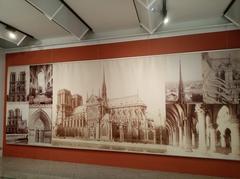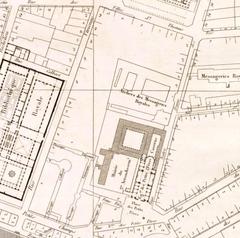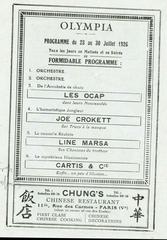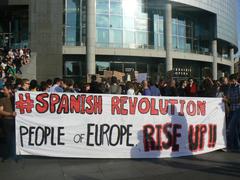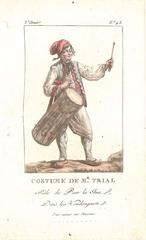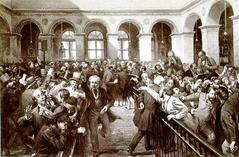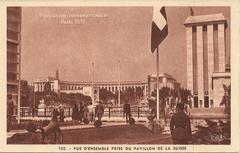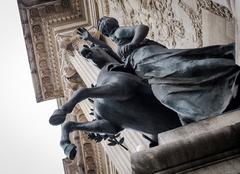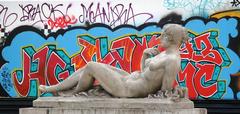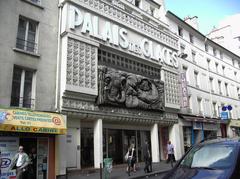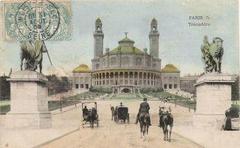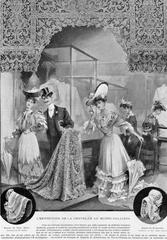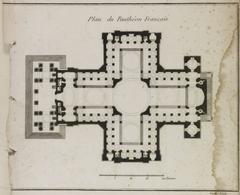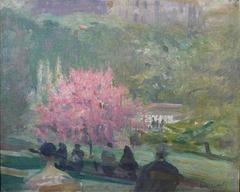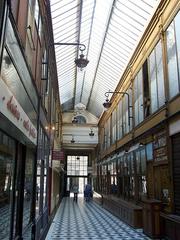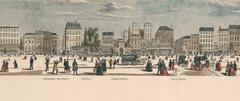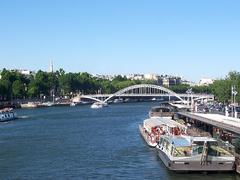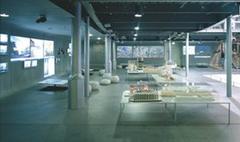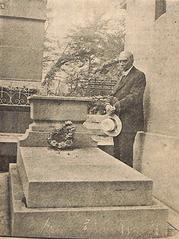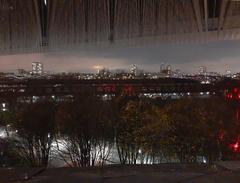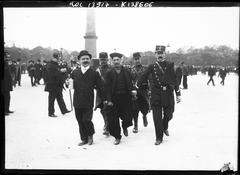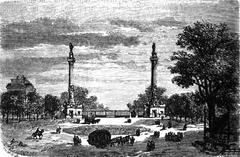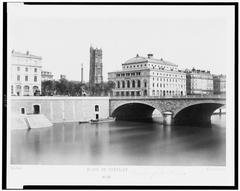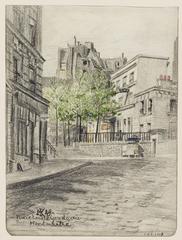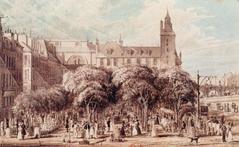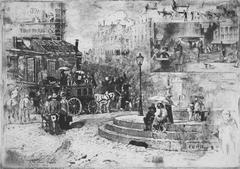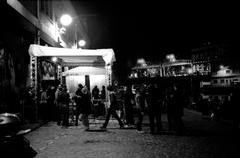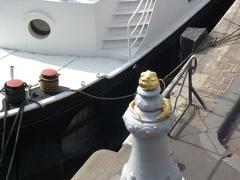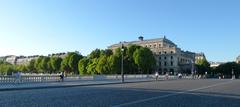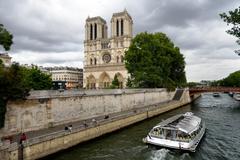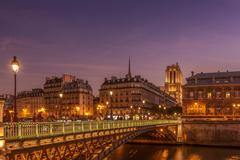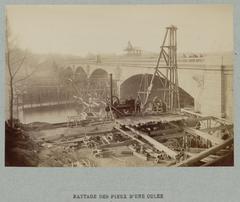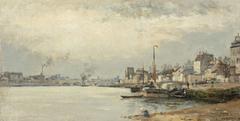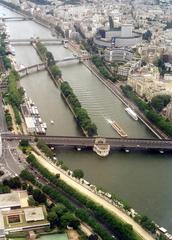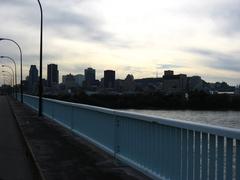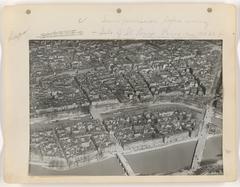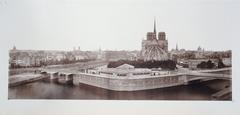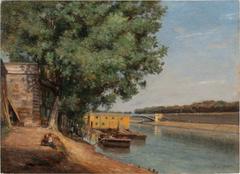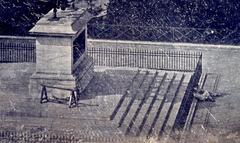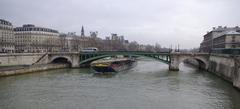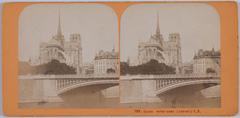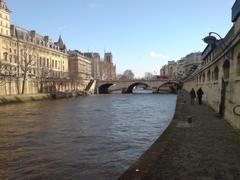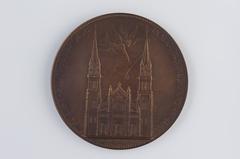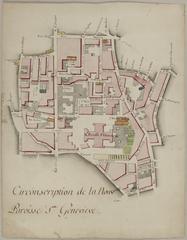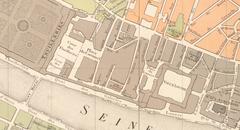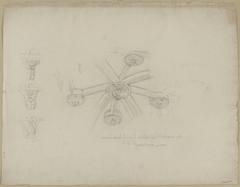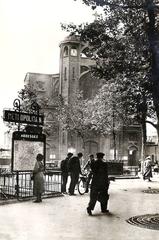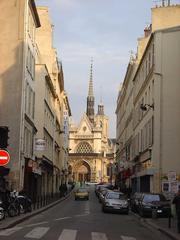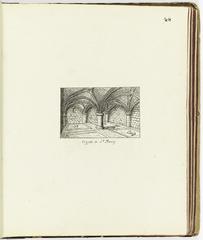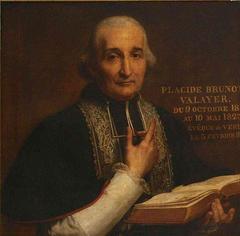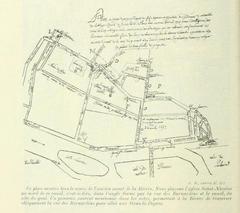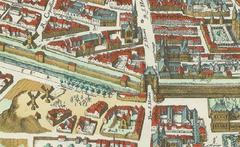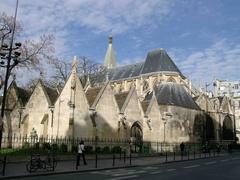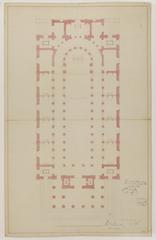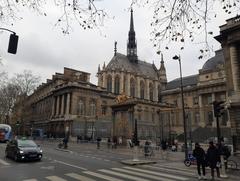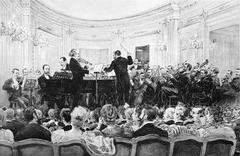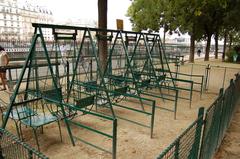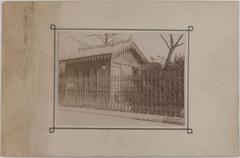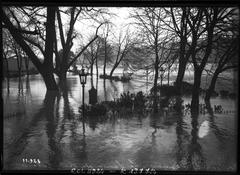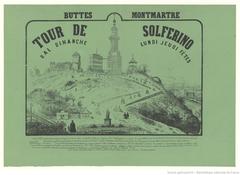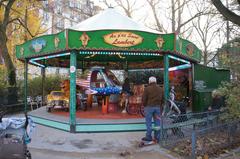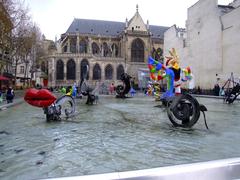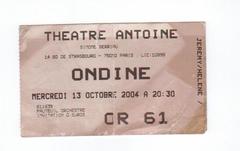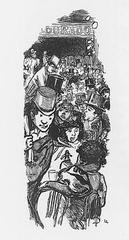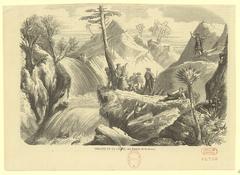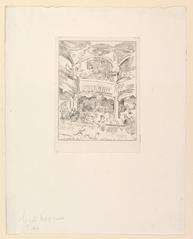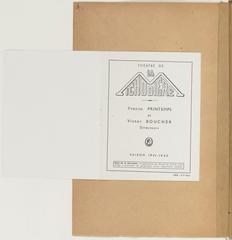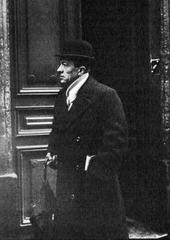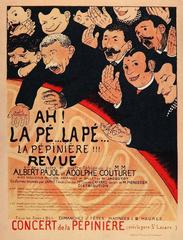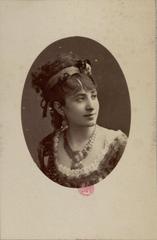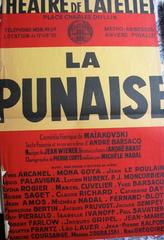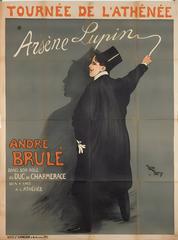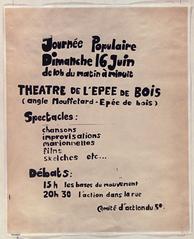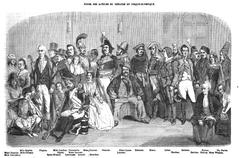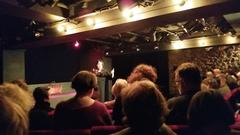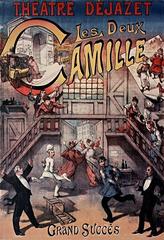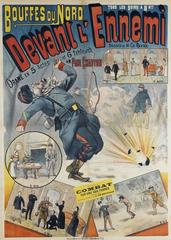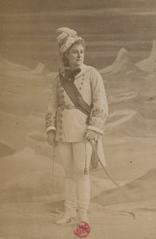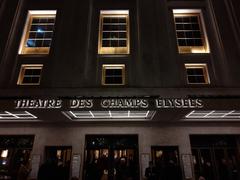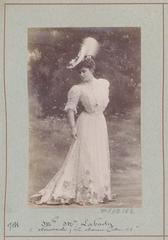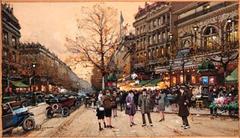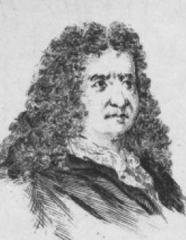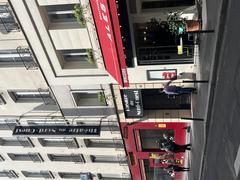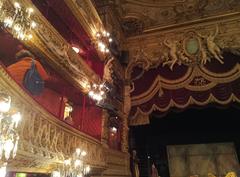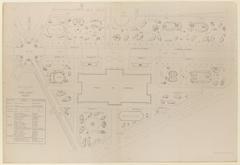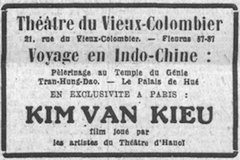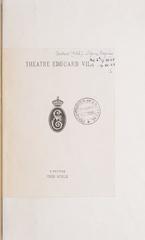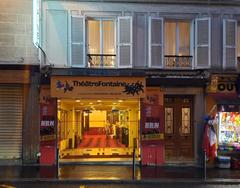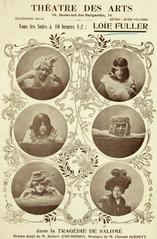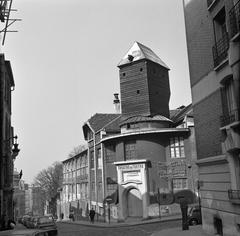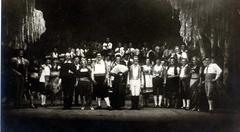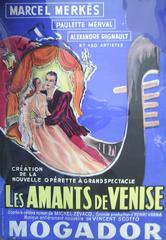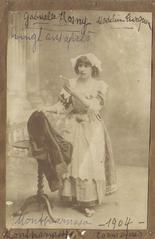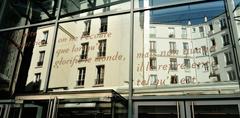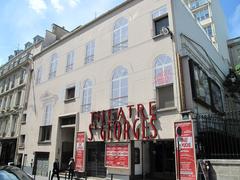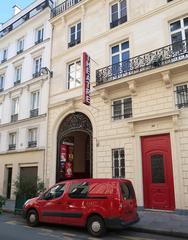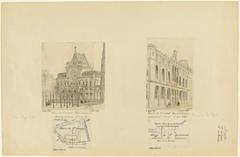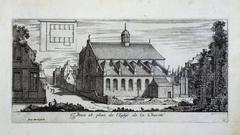Stade Déjerine Paris: Visiting Hours, Tickets, and Historical Significance
Date: 04/07/2025
Introduction
Stade Déjerine, located in Paris’s vibrant 20th arrondissement, is a unique blend of sporting tradition and community spirit. Originally opened as Stade de la Porte de Montreuil in the early 20th century, the venue has evolved from a utilitarian sports ground to a modern hub for football and local culture. Named in honor of neurologists Jules Déjerine and Augusta Déjerine-Klumpke, the stadium is a symbol of both athletic achievement and intellectual legacy (fr-academic.com).
Today, Stade Déjerine stands as a testament to Paris’s grassroots sports scene and the diverse cultural fabric of the 20th arrondissement. It remains a focal point for Paris FC’s youth and reserve teams, while also serving its surrounding community through renovated facilities and inclusive events (parisfc.fr). This guide provides everything you need to know about visiting the stadium, from access and ticketing to local attractions and travel tips.
Table of Contents
- Origins and Early Development
- Paris FC and Stadium Modernization
- Challenges and Renovations
- Cultural and Community Significance
- Facilities and Accessibility
- Visiting Stade Déjerine: Hours, Tickets, and Access
- Nearby Attractions and Neighborhood Guide
- Travel Tips and Visitor FAQs
- Summary and How to Stay Updated
- References
Origins and Early Development
Stade Déjerine, at 36 Rue des Docteurs Déjerine, was built in the early 1900s to meet the growing demand for sports infrastructure in eastern Paris. Initially known as Stade de la Porte de Montreuil, it served as a multi-purpose venue for football and athletics, quickly becoming a hub for local sporting events (fr-academic.com).
The stadium’s renaming honors Jules Déjerine and Augusta Déjerine-Klumpke, both pioneers in the field of neurology, reflecting the area’s intertwined athletic and intellectual heritage (fr-academic.com).
Paris FC and Stadium Modernization
A significant chapter in the stadium’s history began in 1984, when Paris FC adopted Stade Déjerine as its home ground. This transition prompted important upgrades to accommodate professional matches and a growing fan base. With a capacity of around 1,000–2,500, Stade Déjerine offers an intimate setting that remains popular with local supporters (fr-academic.com).
Challenges and Renovations
Rising through the French football ranks challenged Stade Déjerine’s infrastructure, especially as Paris FC entered higher leagues. In 2006, the French Football Federation temporarily exempted the stadium from certain requirements, enabling Paris FC to continue playing while upgrades were underway. Eventually, Paris FC’s first team relocated, but the stadium remained vital for youth and reserve squads.
A major €1.5 million renovation, completed in 2021, revitalized Stade Déjerine. The upgrades included a new synthetic pitch, modern main stand, updated locker rooms, a weight room, club house, and improved accessibility—all funded by the City of Paris and Paris FC (parisfc.fr).
Cultural and Community Significance
Beyond football, Stade Déjerine functions as a community center. Its proximity to landmarks like Père Lachaise Cemetery and Château de Vincennes makes it a gateway to local culture and history. The stadium hosts youth competitions, community events, and serves as a gathering spot for residents of the 20th arrondissement (feverup.com).
The stadium’s accessible environment and diverse programming foster inclusivity, encouraging youth development and social integration through sport (parisfc.fr).
Facilities and Accessibility
Recent renovations have transformed Stade Déjerine into a modern, multi-purpose complex. Key features include:
- Main synthetic football pitch (post-2020 renovation)
- Modern main stand with seating, locker rooms, and club facilities
- Tennis courts, weight room, and club house for multi-sport use
- Meeting rooms and administrative offices
- Wheelchair-accessible seating and ramps
The venue is designed to meet contemporary standards of comfort, safety, and accessibility (parisfc.fr).
Visiting Stade Déjerine: Hours, Tickets, and Access
Visiting Hours
- Match and Event Days: Generally open from 8:00 AM to 8:00 PM; hours may vary depending on event schedules.
- Non-Event Days: Access is limited; contact the stadium or check the Paris FC website for up-to-date information.
Tickets
- Youth and Amateur Matches: Entry is usually free.
- Official Paris FC Matches: Tickets are sold through the Paris FC ticketing page.
- Special Events: Ticket prices may vary; advance booking is recommended for high-demand matches.
How to Buy
- Online: Paris FC website
- At the Gate: On match days, subject to availability
Accessibility
- Wheelchair access and reserved seating are available.
- Contact the club ahead of your visit for special accommodations.
Getting There: Public Transport and Directions
- Metro: Porte de Montreuil (Line 9) and Robespierre (Line 9), both within a 10–12 minute walk
- Tram: T3B line, Porte de Vincennes stop (Moovit)
- Bus: Lines 215, 26, 57, 202, 318, and Charonne; nearest stops include Alembert Carrel and Stade Déjerine
- Bike: Vélib’ stations nearby
- Parking: Limited; public transport is strongly recommended
For real-time updates and route planning, use the RATP app or Moovit.
Nearby Attractions and Neighborhood Guide
Stade Déjerine is nestled in a culturally rich and lively area. Notable sites include:
- Père Lachaise Cemetery: Resting place of Jim Morrison, Oscar Wilde, and more (official Père-Lachaise site)
- Château de Vincennes: Historic fortress a short distance away
- Marché aux Puces de Montreuil: One of Paris’s oldest flea markets
- Rue des Pyrénées: Lined with cafés, shops, and bakeries
- Parc de la Porte de Montreuil: Green space for relaxation
The 20th arrondissement is known for its multicultural communities, street art, and authentic Parisian atmosphere.
Travel Tips and Visitor FAQs
Best Time to Visit:
Weekends during youth or reserve matches offer an engaging, family-friendly experience.
Dining:
Explore diverse local eateries, bakeries, and cafés in the surrounding neighborhood.
Accessibility:
The stadium and nearby streets are generally accessible, though some older sidewalks may be narrow.
Safety:
The area is safe, but standard urban precautions apply.
Event Days:
Arrive early to avoid congestion and secure a good viewing spot. Use public transport, as parking is limited.
Frequently Asked Questions
Q: What are the stadium’s opening hours?
A: Open during events, typically from 8:00 AM to 8:00 PM. Non-event day visits require prior arrangement.
Q: How can I buy tickets?
A: Online via the Paris FC website or at the stadium on match days.
Q: Is Stade Déjerine accessible for people with disabilities?
A: Yes, with ramps and accessible facilities. Contact the club for specific needs.
Q: Are guided tours available?
A: Occasionally; check with Paris FC for availability.
Q: Are there good dining options nearby?
A: Yes, the area offers everything from quick snacks to sit-down meals.
Q: Is personal photography allowed?
A: Yes, but professional equipment may require permission.
Summary and How to Stay Updated
Stade Déjerine exemplifies Paris’s enduring community sports spirit and its ability to blend history with modern amenities. The stadium’s recent renovations have created an inclusive, welcoming space for athletes and visitors alike. Proximity to key Parisian sites and a lively local neighborhood make it a rewarding destination for both sports fans and cultural explorers (fr-academic.com; parisfc.fr; feverup.com).
For the latest event schedules, visitor information, and special programs, consult the Paris FC official website, download the Audiala app, and follow Paris FC on social media.
References
- Stade Déjerine History and Significance (fr-academic.com)
- Stade Déjerine Renovations and Facilities Guide (parisfc.fr)
- Visitor Experience and Practical Tips (feverup.com)
- Public Transport and Access (Moovit)
- Paris Public Transport Ticketing (Paris Tourist Information)
- Official Paris FC Ticketing Page
Experience the heart of Parisian football and local culture at Stade Déjerine. Plan your visit, explore the neighborhood, and immerse yourself in the city’s sporting heritage!
